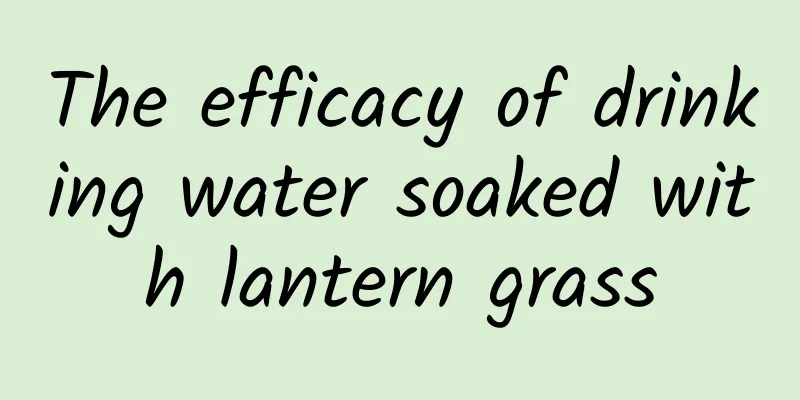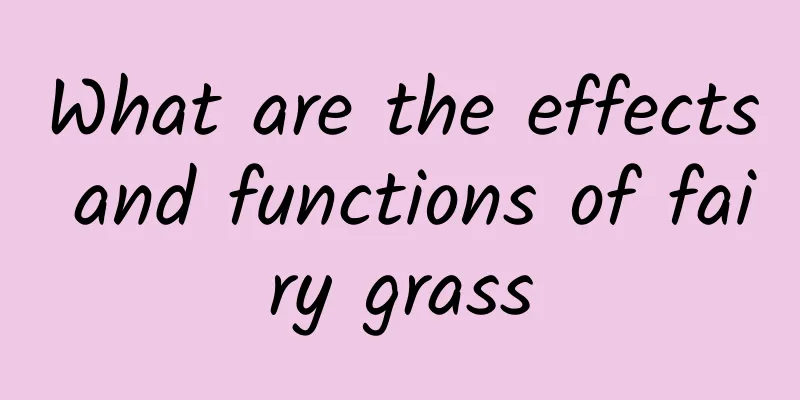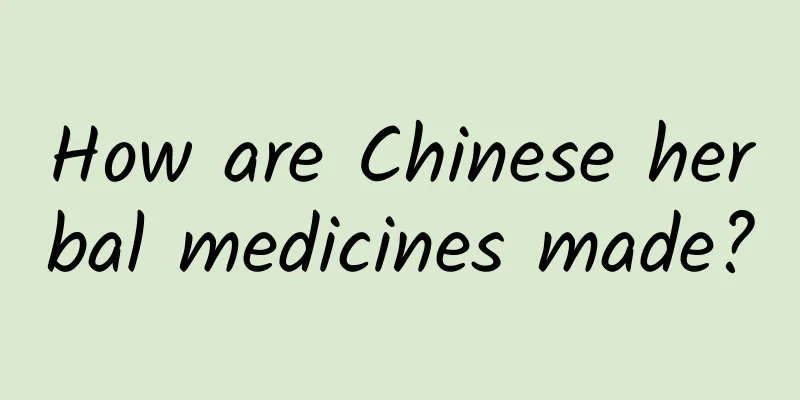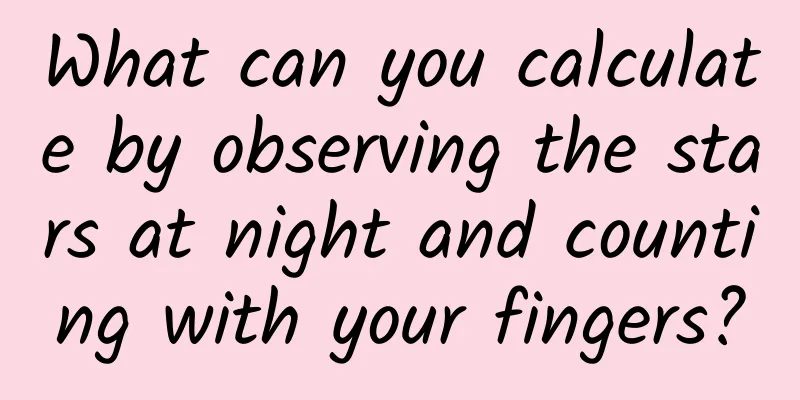Buckwheat leaves
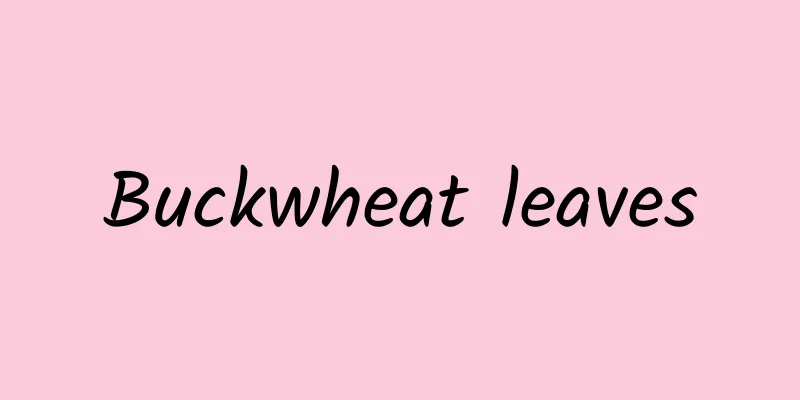
|
With the development of society and the close international exchanges, most people who study medicine have been seriously influenced by Western medicine, and fewer and fewer people are studying Chinese medicine, which has resulted in less and less understanding of Chinese medicine. Let’s talk about the efficacy and functions of buckwheat leaves as a traditional Chinese medicine. [Source] Medicinal material source: The leaves of buckwheat, a plant of the Polygonaceae family. [Original form] Annual herb, 40-100cm high. The stem is erect, much-branched, smooth, light green or reddish brown, and sometimes has sparse papillae. Leaves are alternate, the lower leaves have long petioles, and the upper leaves are nearly sessile; the stipules are short cylindrical, with oblique and truncate apex, and fall off early; the leaf blades are triangular or ovate-triangular, gradually pointed at the apex, cordate or halberd-shaped at the base, entire, glabrous on both sides and hairy only along the veins. Inflorescence racemose or paniculate, terminal or axillary; pedicels long; flowers pink or white, dense; perianth 5-parted, lobes oblong; stamens 8, short perianth; styles 3, stigmas capitate. Achenes are ovate, with three sharp edges, longer than wide, gradually pointed at the apex, yellowish brown, and smooth. Flowering and fruiting period is from July to October. [Habitat distribution] Cultivated throughout the country. Native to Central Asia. 【Nature and flavor】 Sour; cold 【Functions and indications】Benefits the eyes and ears; relieves gas; stops bleeding; lowers blood pressure. Mainly used for blurred vision, tinnitus, hearing loss, belching, purpura, and hypertension [Usage and Dosage] For oral use: decocted in water, 5-10g, fresh product 30-60g. 【Note】 Do not eat it raw or in large quantities. People with weak spleen and stomach should take it with caution. "Qianjin·Food Therapy": "Eating it raw can stimulate wind and make people itch." "Food Nature Materia Medica": "Eating too much can cause mild diarrhea." 【Excerpt】 Chinese Materia Medica Through the above introduction, everyone has a good understanding of the Chinese medicine buckwheat leaves. It has a very good effect in treating diseases. However, it should be noted that when using buckwheat leaves, some methods and ways should be mastered for healthy and scientific consumption. |
<<: The efficacy and function of Olea europaea[picture]
>>: The efficacy and function of Qinye Ficus
Recommend
What Chinese medicine is good for Qi and blood deficiency?
In daily life, we often see some male friends buy...
"Ugly tired" is all over the screen! I never thought that ugliness can also be considered a "work injury"
Reviewer of this article: Zhou Xiaobo, Doctor of ...
The "brain" cultured in vitro drives a car and avoids obstacles? How did Chinese scientists do it?
...
Will watermelon and crayfish cause poisoning? Will watermelon and peach cause diarrhea? Are there so many rules for eating watermelon?
In the hot summer, people often feel the heat is ...
Korean ginseng powder
Korean ginseng powder is a food made from Korean ...
What should not be taken with licorice tablets?
In daily life, many people suffer from cough and ...
[Long Man] The well-tempered "special forces": I can defeat the virus!
Editor’s Note: Immune cells are responsible for r...
The efficacy and function of the eight-clawed golden dragon [picture]
As the pressure of modern life increases, more an...
What is the use of adding sugar when frying chestnuts?
Purple rotten pear and red wrinkled jujube, but t...
The efficacy and function of purple hosta leaves
Do you know purple hosta leaves? It is a common C...
The efficacy and function of black stigma
For many Chinese people, traditional Chinese medi...
When it comes to eating spicy food, humans are not the "light of mammals"!
The Yunnan tree shrew Tupaia belangeri chinensis ...
Where's my nose? Why can't I see it?
Audit expert: Liu Dongbao Chief Physician of Opht...
The efficacy and function of Chaotian jar
The efficacy and function of Chaotian Cup can ach...



